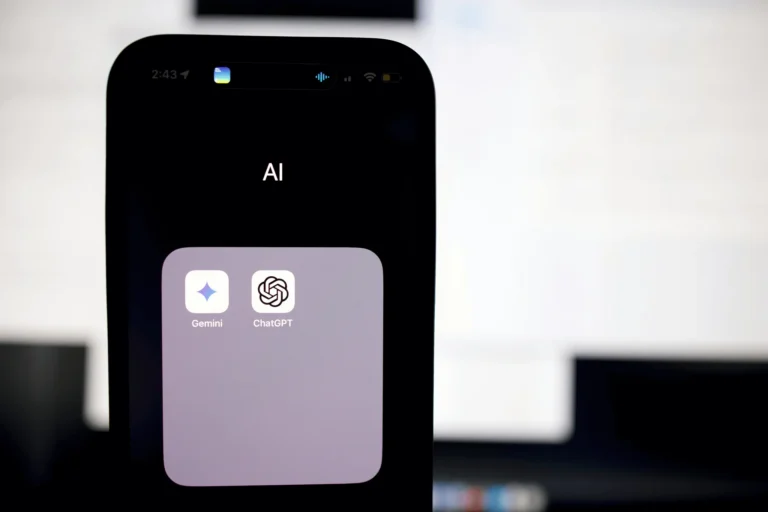Community voting for SXSW EDU 2024 is now open until August 20 — during this window, everyone can vote on which proposals should make it onto the final program for next year.
We’d love your help supporting our proposals and those of our partners, which delve into the latest trends and important discussions from the use and application of educational AI tools to education research and development, inclusive talent investment, and data science education.
If you’d like to vote for any of the proposals, click the links below, create an account in the SXSW PanelPicker, and cast your vote by selecting the “up” arrow next to the proposal. We would also love it if you commented on the proposals with any thoughts, comments, and reflections.
All the proposals are listed below, and you may cast your vote for however many proposals interest you. But you can only vote once per proposal.
Why ChatGPT Can’t Do Math
While ChatGPT might be able to write an essay, it can’t always do math homework. But that doesn’t mean that artificial intelligence can’t be a beneficial tool for math instruction and a number of groups are working on ways for AI to better understand math. Join these experts as they discuss AI and math and how new technologies can help both educators and students.
How Federal Partnerships Are Transforming Ed R&D
Changemakers in philanthropy and government are investing in education research and development, but often operate separately, slowing down major breakthroughs in education R&D. However, new opportunities, competitions, and grants spearheaded by partnerships with philanthropy and government are changing how the nation creates and funds opportunities. Join this panel for a conversation with the leaders combining forces and some of the applicants as they share the promise and possibility of a collaborative approach to education R&D.
Harnessing AI For Good In The Classroom And Beyond
Industry may be leading in the development of artificial intelligence, but they aren’t the only ones thinking about how to deploy AI for the benefit of educators, students, and the public. From policy to research to the private sector, AI is top of mind for some of the most important players in innovation as they look at how to best incorporate AI for positive impacts in teaching and learning. Join this panel to hear from policy leaders, advocates, and industry experts about how AI can improve outcomes in the classroom and beyond.
Making The Most Of Middle School Math
Middle school math skills are directly connected to later success in high school and career, but only 26 percent of 8th graders are math proficient. New technologies can shift that, however, offering new opportunities to close opportunity gaps – especially for our most vulnerable students. Learn about solutions turning the tide in student performance in a conversation with leaders prioritizing the importance of middle school math.
Scaling High-Impact, Low-Cost Educational AI
Even though everyone is now talking about ChatGPT, accessible artificial intelligence is still lacking, particularly for those from historically marginalized communities. New technologies are here to stay and have the ability to close historic achievement gaps. But how can we make that happen? Join these leaders from philanthropy, research, and ed tech as they discuss why AI can be surprisingly hard to scale, what low-cost versions look like, why the AI access gap matters, and the 21st-century solutions we need to include all students in an AI future.
Making Quality Ed Tech At Scale
Ed Tech creators strive to create positive change for students, but the impact on student outcomes can vary, especially as new tools attempt to scale. Schools and districts may also be hesitant to dedicate funding to new innovations, even when these products have shown evidence of improving outcomes in other districts. So how do programs garner stakeholder buy-in and scale up while maintaining quality products? Join experts from outcomes-based contracting, tech investment, and teacher leadership as they discuss ways to create quality, scalable ed tech that improves outcomes for kids.
Finding The World’s Best And Brightest
Global talent is broadly distributed, but often lacks resources and avenues to realize its potential. How can we uncover and nurture this talent, ensuring that exceptional individuals from diverse and underrepresented groups contribute to the innovation economy and advance scientific frontiers? Join this panel to learn how innovative research and practice are combining to identify and nurture the world’s high-potential STEM talent, allowing changemakers to harness potential as they generate transformative solutions for pressing global issues and create inclusive innovation ecosystems.
Creating A Data-Driven, Personalized Education System
New innovations like Learning and Employment Records (LER), virtual wallets, and digital badges hold a lot of promise with these innovations making it potentially much easier for students to navigate their path from education to career. But efforts to modernize the nation’s data systems are nascent and could potentially exacerbate equity issues. Join this panel with representatives from student groups, philanthropy, education, and innovation as they discuss how to reform data and data infrastructure to make it work for all students.



